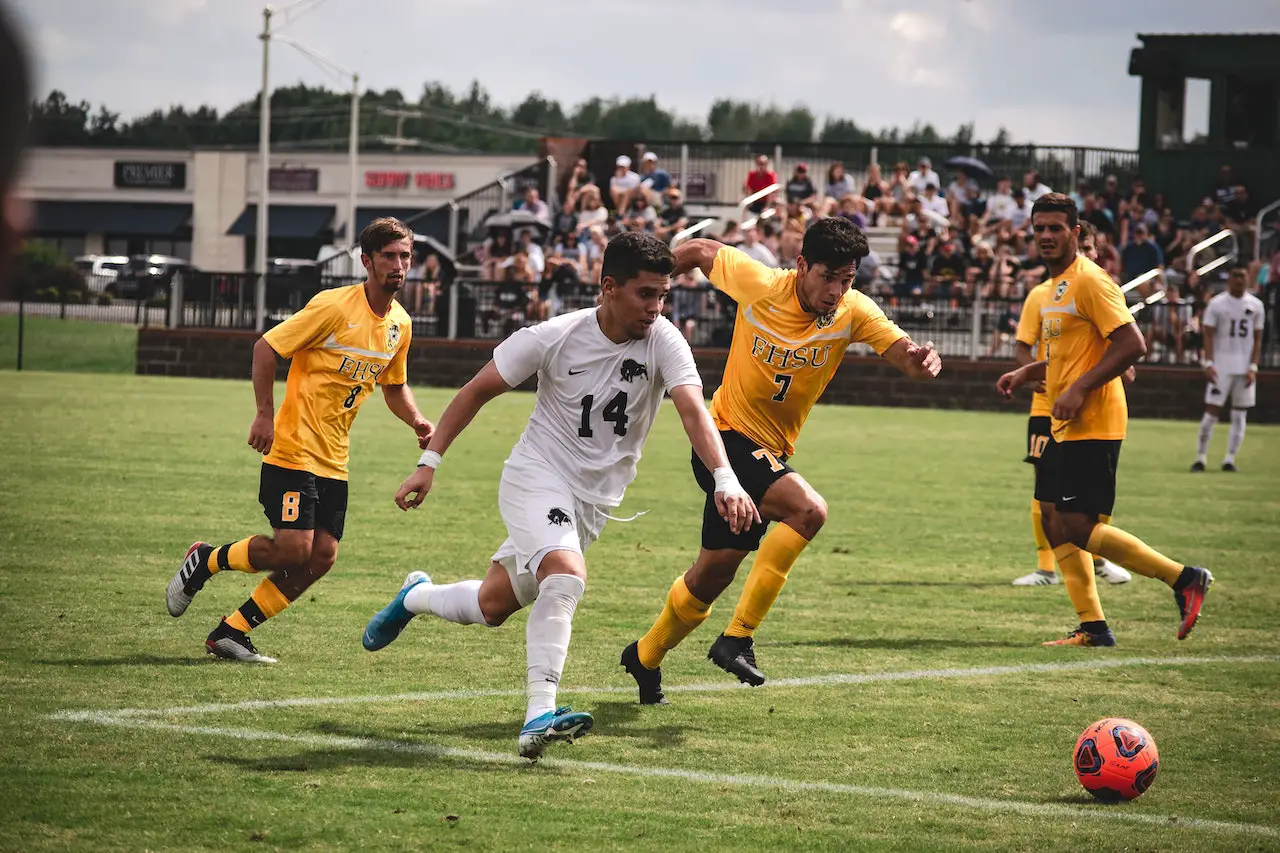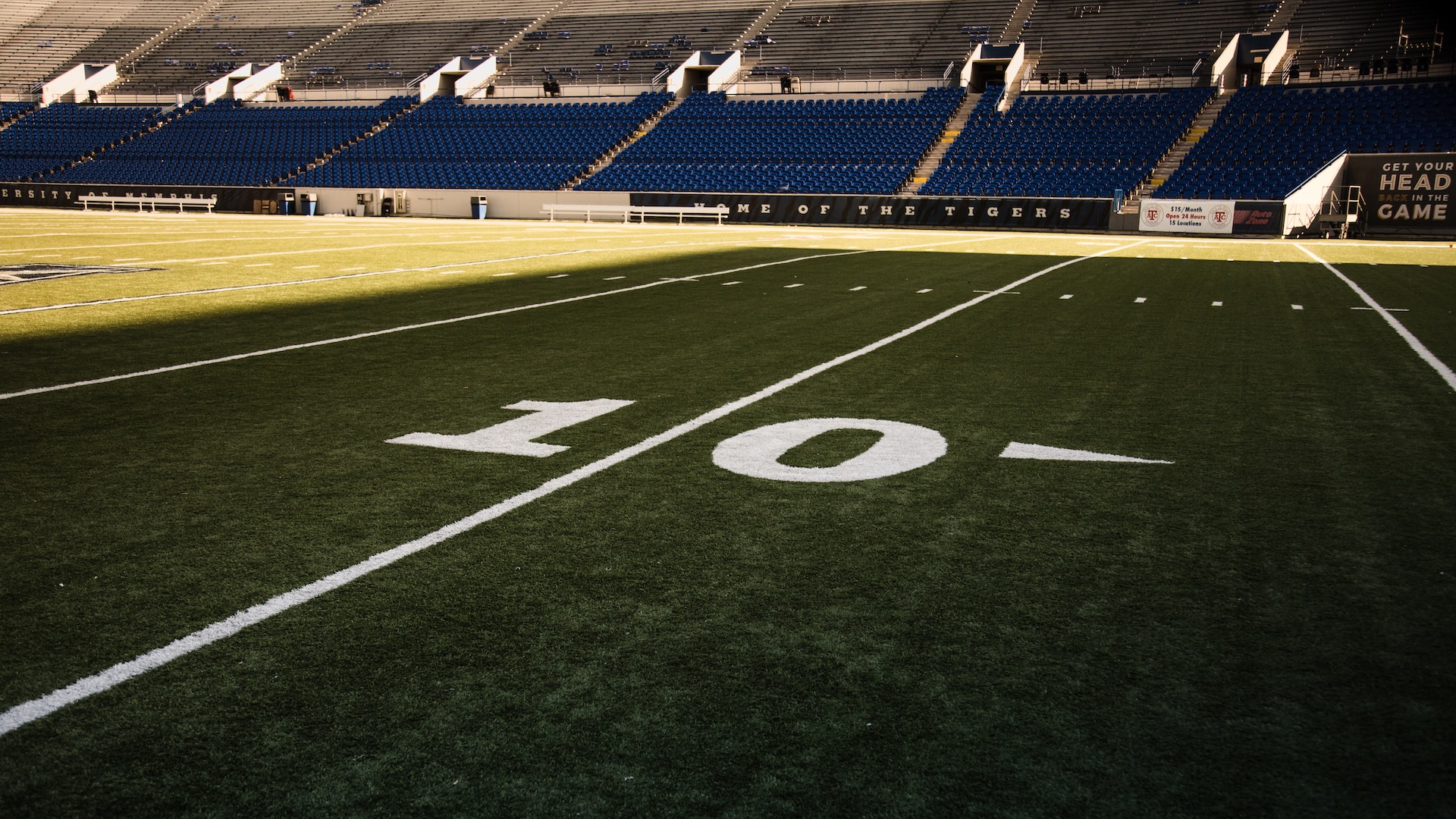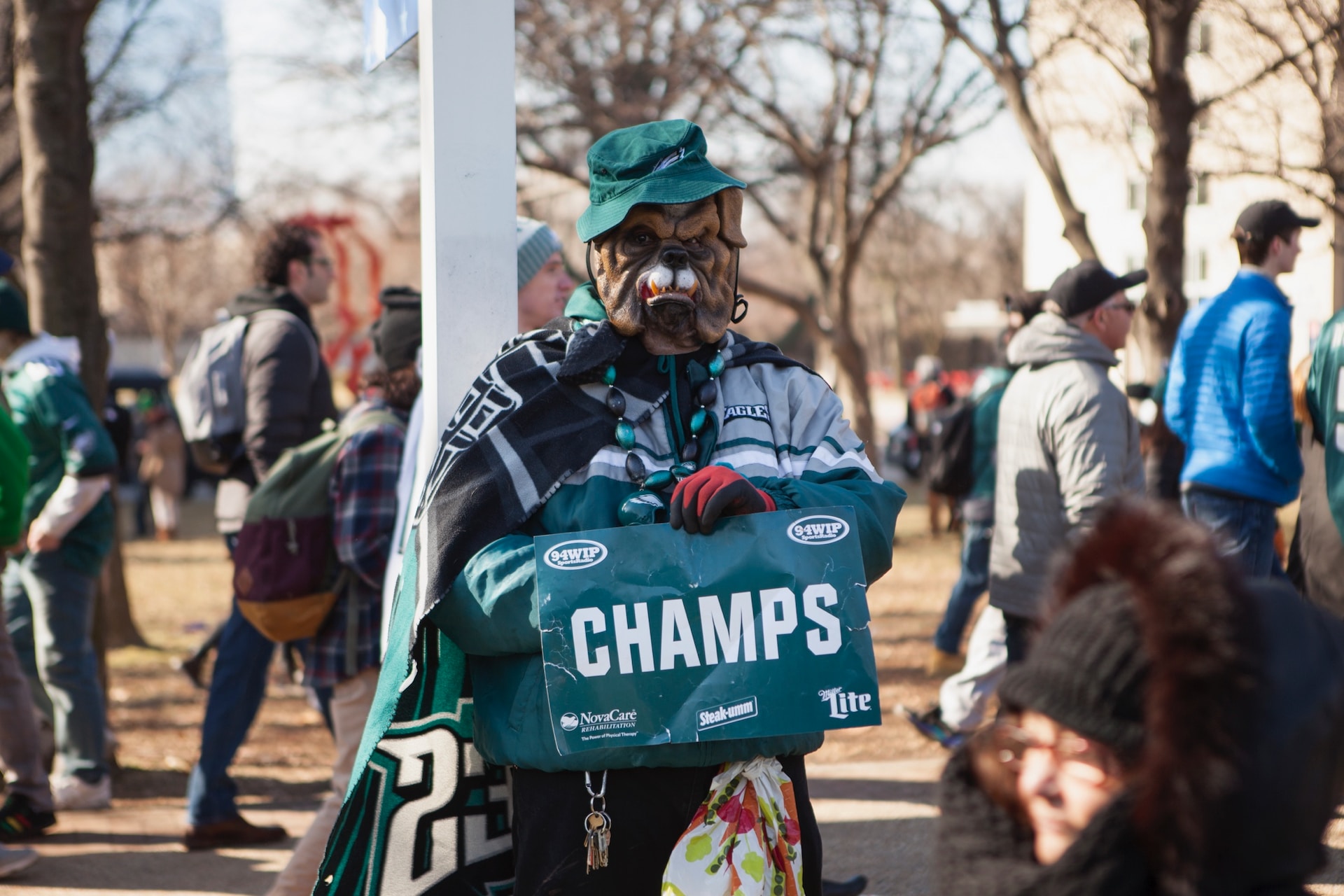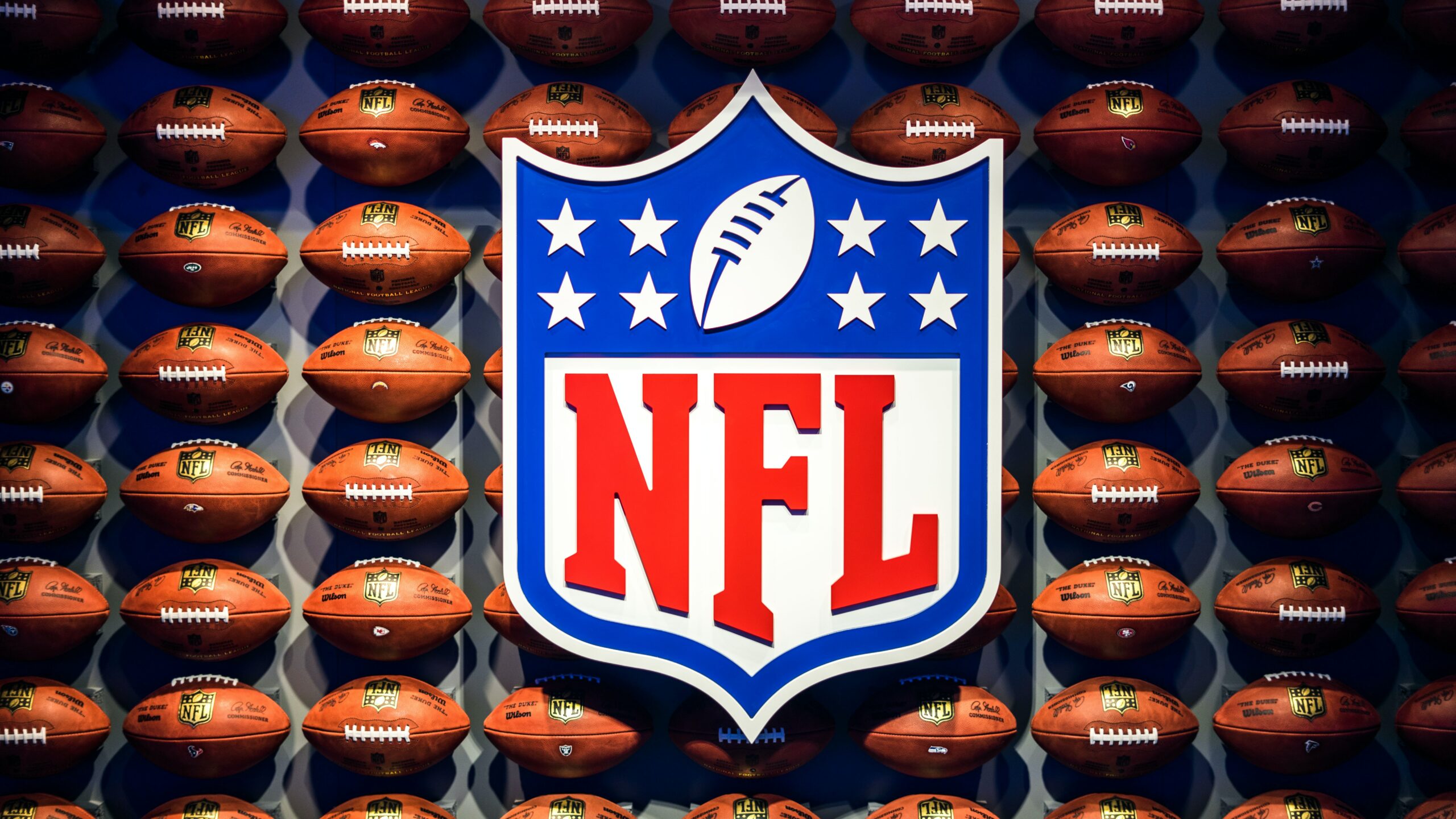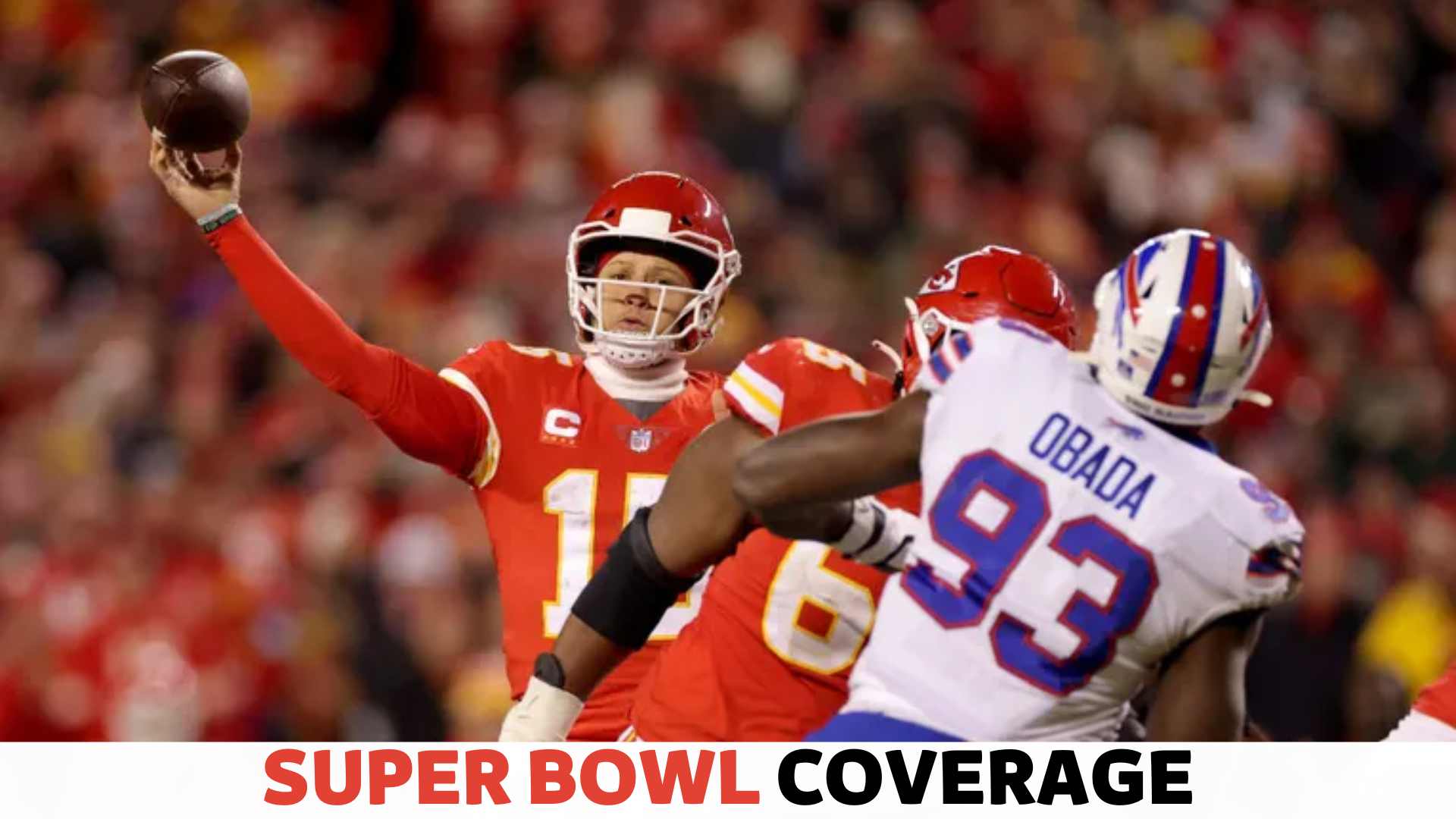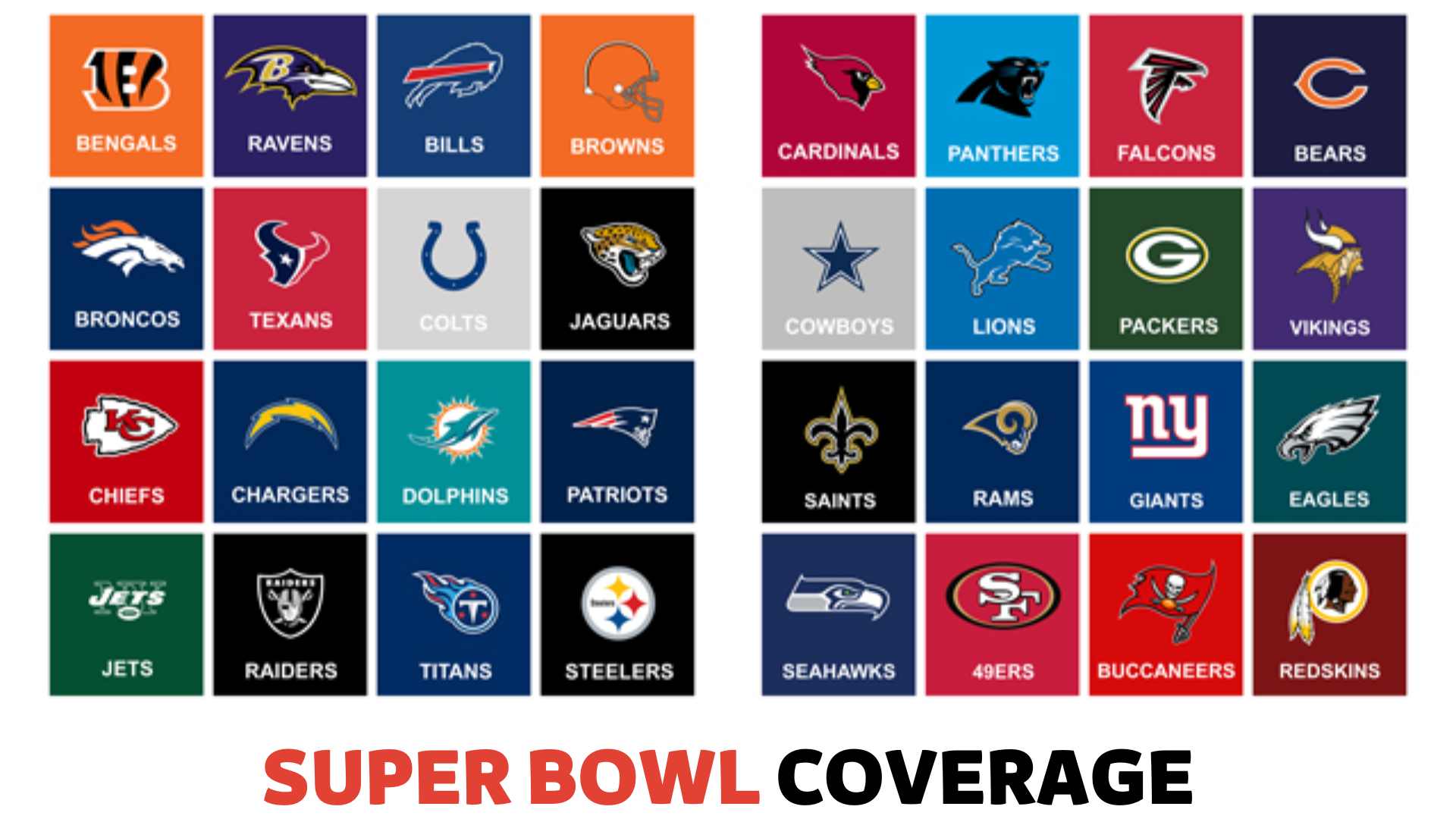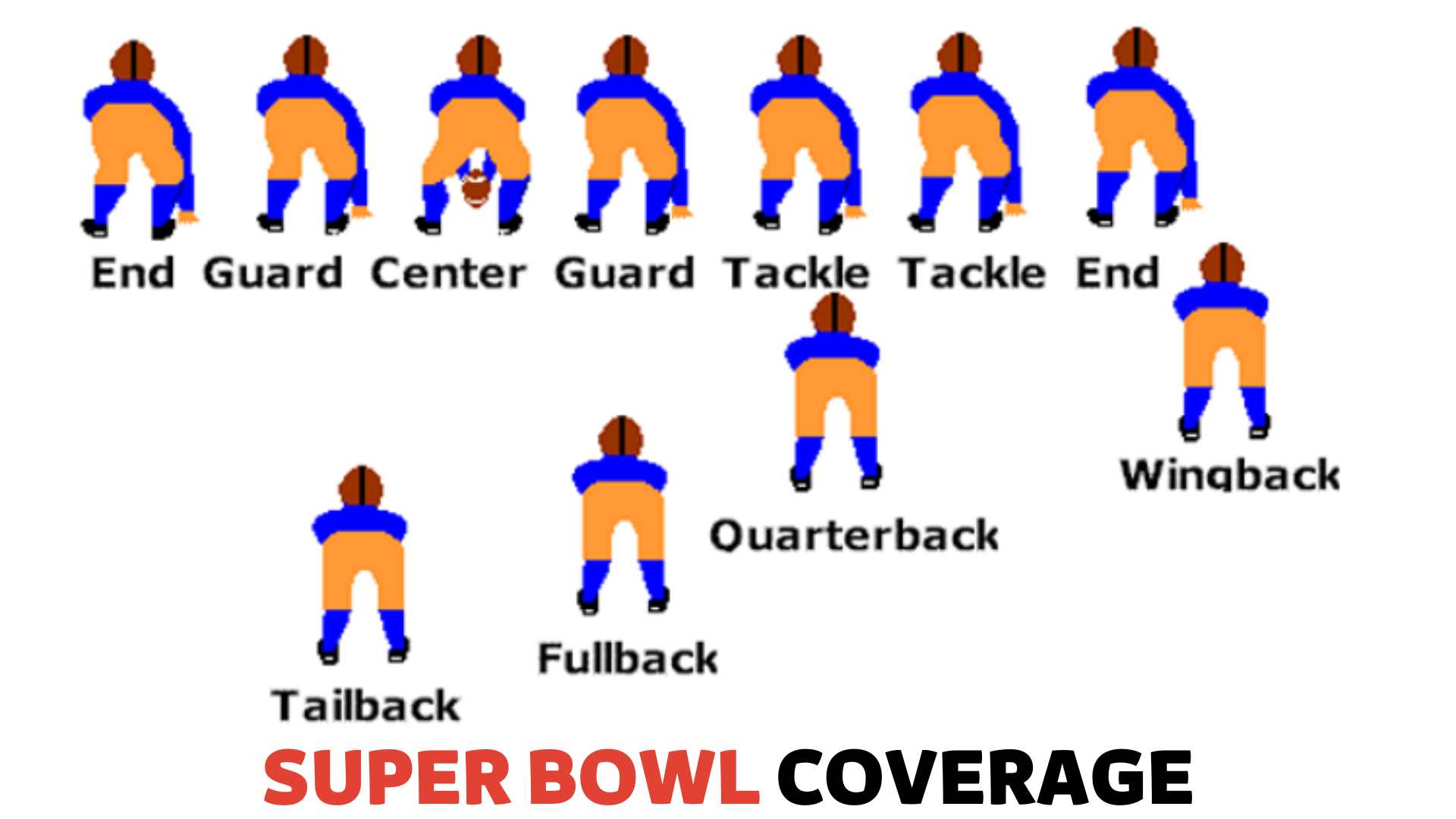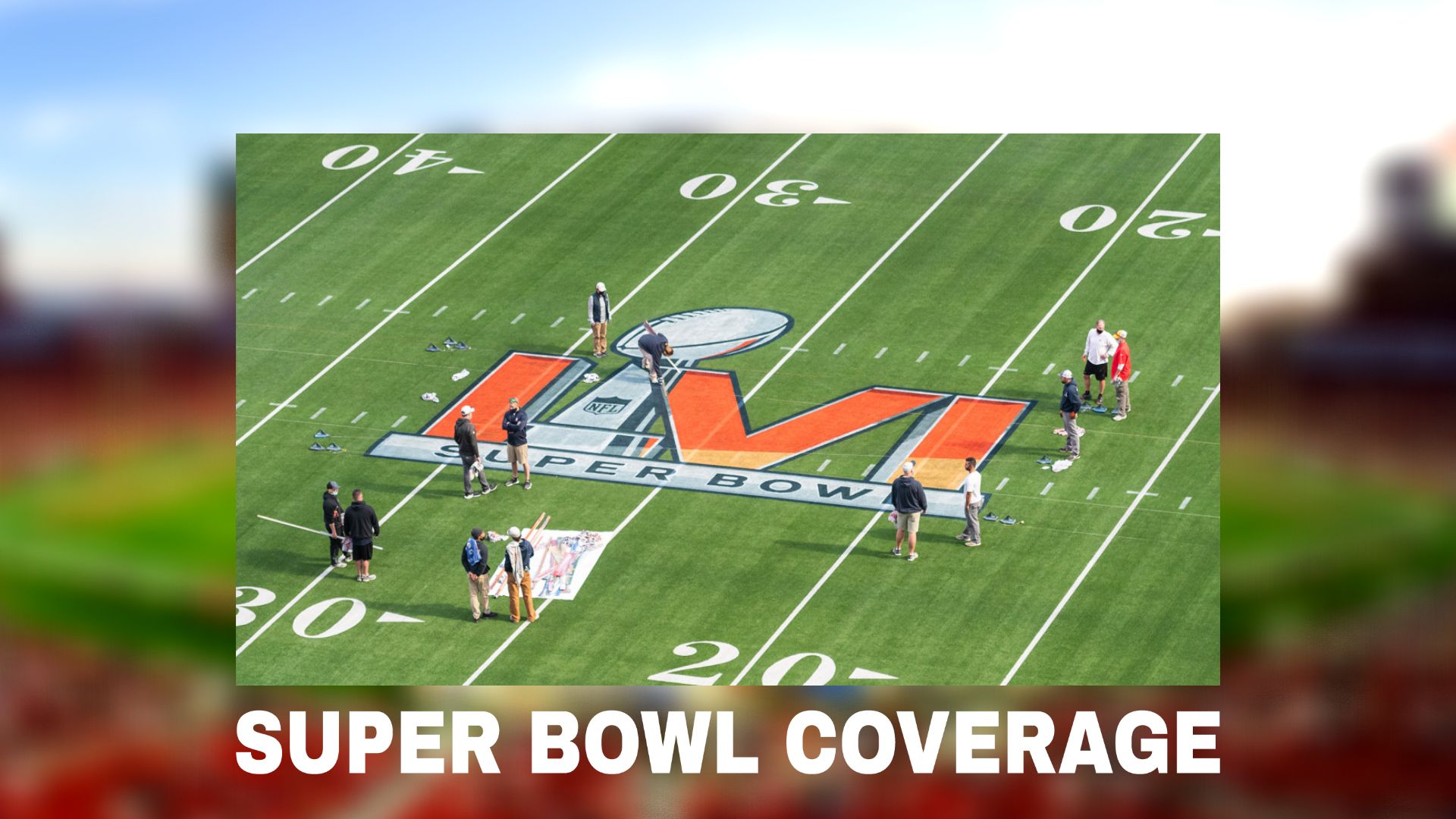

-
Super Bowl 2024 -
Live and On-Demand -
Unlimited Access to Live Games and Highlights -
Watch on Your Phone, Tab, PC, Smart TV, and Other Devices
If you’re an American football fan, you probably already know that the Super Bowl is the biggest and most prestigious game of the year. But have you ever wondered just how long are Super Bowl games?
In this blog post, we’ll delve into the history of the Super Bowl and explore how long these games have traditionally lasted. We’ll also look at some factors that can influence the length of a Super Bowl game and discuss why some games may be shorter or longer than others. Whether you’re a seasoned fan or new to the sport, this blog post will provide you with all the information you need to know about the duration of Super Bowl games.
So, prepare to learn about the most exciting event in American football!
The Length of a Super Bowl Game
Average Length
The average length of a Super Bowl game is approximately 3 hours and 30 minutes. This includes halftime show and any necessary breaks for commercials or replays.
While the actual gameplay typically only lasts around two hours, the halftime show and commercial breaks add an additional hour to the overall game time. The halftime show, which features a performance by a major artist, typically lasts around 15-20 minutes. Commercial breaks, which are a major source of revenue for the Super Bowl, can last for several minutes at a time.
The length of the Super Bowl game can vary slightly from year to year. Some years, the game may be shorter due to a lack of scoring or fewer penalties, while other years, it may be longer due to a close score or a large number of penalties.
The average length of a Super Bowl game is a testament to the popularity and excitement of the event. Despite the long game time, fans are willing to stay tuned in for the full three and a half hours to see which team will come out on top.
Record-long and Record-short Super Bowl Games
Not all Super Bowl games are created equal; some have been much longer or shorter than others.
The record-long Super Bowl game took place in Super Bowl XLVII, which pitted the Baltimore Ravens against the San Francisco 49ers. This game lasted for a staggering 4 hours and 14 minutes, making it the longest Super Bowl game in history. The game was a closely contested battle, with the Ravens ultimately coming out on top with a 34-31 victory.
On the other hand, the record-short Super Bowl game occurred in Super Bowl XLIV, which saw the New Orleans Saints take on the Indianapolis Colts. This game lasted only 3 hours and 14 minutes, making it the shortest Super Bowl game ever played.
The length of a Super Bowl game can vary greatly depending on the teams and the circumstances.
The Length of Halftime Shows at the Super Bowl
Traditionally, halftime shows at the Super Bowl have lasted around 12 to 15 minutes. However, in recent years, the performances have become longer, with some lasting upwards of 20 minutes. This has sparked debate among fans and media outlets, with some claiming that the extended halftime shows detract from the excitement of the game.
Several factors contribute to the length of halftime shows at the Super Bowl. One is the number of performers involved in the performance. Many halftime shows feature a large cast of dancers, musicians, and special guest performers, which can add to the overall length of the show.
Despite the controversy surrounding the length of halftime shows at the Super Bowl, many fans still enjoy the performances and look forward to them each year. Whether long or short, the halftime show is an integral part of the Super Bowl experience, and it continues to be a highlight of the event for many fans.
Factors that Influence the Length of a Super Bowl Game
Several factors can influence the length of a Super Bowl game. These include:
- The number of scoring plays: The more scoring plays that are made, the longer the game will be. This is because each scoring play requires a kickoff, which takes time. Additionally, if a team can score quickly, the opposing team will have more time to try and score, leading to a longer game.
- The number of penalties: Penalties can slow down the game, as they often result in stopping the clock and requiring a re-do of the play. The more penalties that are called, the longer the game will be.
- Timeouts: Each team is allowed three timeouts per half, which can be used to stop the clock and strategize. If a team uses all of its timeouts, it will add time to the game.
- Injuries: Injuries can also influence the length of a game, as they often result in time being taken off the clock for medical attention. Additionally, if an injury is severe enough, it could lead to a player being replaced, which can also add time to the game.
- Overtime: If the game is tied after four quarters, it will go into overtime. This will add an additional quarter (or more, if necessary) to the game, increasing its length.
Final Words
Super Bowl games can vary in length based on various factors, such as the length of halftime performances, the number of scoring plays, and the overall competitiveness of the game. While the average length of a Super Bowl game is around 3 hours and 30 minutes, some have lasted more than 4 hours.
Regardless of the length, Super Bowl games are always highly anticipated events that bring together millions of fans worldwide to celebrate the sport of football. So the next time you tune in to a Super Bowl game, don’t be surprised if it lasts a little longer than you expected!








